
ASID Virtual Conference 2020 CEU Package
- Registration Closed
Hear from industry leaders on the future of design, and gain valuable insights on materiality, housing and social justice, neurodiversity, health and well-being, and more.
Amplifying ASID’s “Design Impacts Lives” mission, the Society offered CEU programs on topics covering material selection, design equity, neurodiversity and inclusive design, research in design and public health, and wellness at its first Virtual Conference. Attendees also benefited from thought-provoking and inspiring keynotes exploring the future of interior design and how to foster happiness and balance in one's life.
Experience this diverse and dynamic programming at your convenience, and enhance your knowledge of these timely topics.
ASID Virtual Conference CEU Package Lineup
Click the CEU Package tab for more information. Already registered for the ASID Virtual Conference? Then you already have access to all of the sessions available under the "CEU Package" tab and do not need to register again.
What's Next? Design's Impact on People, Places and Planet (Opening Keynote)
Design has the power to impact lives and tackle challenges on a global scale. What’s next, and how will spaces shape our post-pandemic reality? Hear from design leaders and end users, consultants, manufacturers, educators and students as they share their thoughts on design’s next big impact, the next big challenge for design, and offer insight into the human-centered power of design. Benefitting from a range of diverse perspectives, you will learn what’s next for design and its potential to provide thoughtful and innovative ways to lead change in these uncertain times.
Design is an Inside Job: Create a Happy You (Closing Keynote)
You will learn about the three waves of change currently taking place and the importance of cultivating your own happiness. Discover how to position yourself to effectively deal with change, uncertainty and disruption while simultaneously using your authentic happiness to positively impact lives. Learn about the fundamentals of happiness and the “return on happiness,” individual and organizational outcomes you and your business can achieve with the 30-day Happiness Practice.
Material Impact: Selecting for Health, Safety and Sustainability (CEU Program)
Material selection is an important part of every interior design project. Hear industry experts break down criteria to evaluate materials for health, safety and sustainability, and push yourself to consider all material options based on research, industry resources and product certifications. As your clients’ needs change in response to new health and safety concerns, now is the time to build your knowledge of the many attributes to consider when selecting materials for your projects.
Design, Housing and Social Justice (CEU Program)
A healthy, safe and beautiful home has the power to provide a sense of identity and well-being, evoking happiness in human-centric spaces. Working with clients, communities and residents, designers play a powerful role to advocate for interior design solutions that positively impact lives. The design decisions you make today will have lasting impact, seen and felt for decades. Learn about the role of designers as facilitators among all stakeholders and the opportunity to influence and deliver equal design outcomes to advocate for social justice.
Neurodiversity and Workplace Inclusivity (CEU Program)
Approximately 15-20 percent of people are neurodivergent, meaning they have one of a collection of conditions that includes autism spectrum disorder, attention deficit hyperactivity disorder and dyslexia. Over the next decade, 700,000 to over one million adults with autism will enter the U.S. workforce. As a result, organizations are redesigning spaces to be more inclusive, helping an increasingly neurodiverse workforce thrive. Employers are also beginning to recognize that accommodating neurodiverse people can provide a significant competitive advantage, leading to a range of more inclusive policies, programs and procedures. Learn from this expert panel how designers can help organizations influence the physical and cultural adaptations required to create physical work environments that support the full range of employees, neurotypical and neurodivergent.
Research is Power: Design’s Impact on Health and Well-being (CEU Program)
Hear from two leading researchers examining the intersection of design, public health and well-being in an informative discussion moderated by the International WELL Building Institute’s Chief Commercial Officer Jessica Cooper, a licensed designer herself. Learn how our internationally recognized panelists translate research into practical application, highlighting on the impact of design solutions on the human experience. Their conversation focused on the evolving effects of COVID-19, how designers can make research-based arguments demonstrating the critical impact of design on our mental health and the critical research questions for which we are still seeking answers.
Hope in the Time of COVID: A Simplified Journey Toward Healthy Interiors (CEU Program)
“COVID-19 has forever changed the experience of being a customer, an employee, a citizen and a human" (Accenture, 2020). Now more than ever, spaces need to be safe, and designers need to advise their clients on ways to achieve healthy environments. Build knowledge on the tools, processes and tactics used to specify products that create healthy interiors. Learn how to provide more value to your clients while growing your design practice through a focus on designing for health.
-
Includes Credits
Learn about three waves of societal change and how to cultivate your own happiness to manage uncertainty and disruption.
Learn about three waves of societal change and how to cultivate your own happiness to manage uncertainty and disruption.
Continuing Education Approval- 1 IDCEC CEU | CC-113361 (Your CEU will be reported to IDCEC on your behalf.)
DescriptionYou will learn about the three waves of change currently taking place and the importance of cultivating your own happiness. Discover how to position yourself to effectively deal with change, uncertainty and disruption while simultaneously using your authentic happiness to positively impact lives. Learn about the fundamentals of happiness and the “return on happiness,” individual and organizational outcomes you and your business can achieve with the 30-day Happiness Practice.
Before you begin, take the 100% confidential and free Happiness & Burnout Assessment to check your own levels of happiness and burnout. Learn more at www.experiencehappiness.biz.This is a recording of a webinar presented on September 17, 2020.
What You Will Learn- Identify the three waves of societal change impacting human well-being
- Define happiness and its ripple effects
- Recognize the five principles of happiness and their effects on the brain
- Identify key individual and organizational “return on happiness” results
Access Period: One year from date of registration.
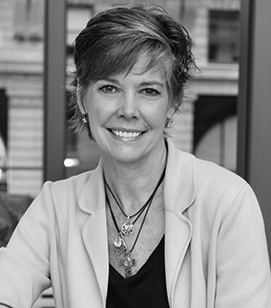
Nancy L. O’Brien
Co-founder
Experience Happiness LLC
Nancy L. O’Brien is passionate about researching, developing and sharing innovative tools to enhance and measure well-being and performance at the individual and collective level. Prior to co-creating The Happiness Practice, Nancy spent years on the leading edge of massive innovation and change, serving on the IBM change team to transform the global business from manufacturing to services. She has also shared her deep experience design and management expertise with many clients by helping them develop and implement bespoke strategies.
-
Includes Credits
Strategies to balance health, sustainability and performance requirements when selecting interior materials.
Strategies to balance health, sustainability and performance requirements when selecting interior materials.
Continuing Education Approval- 1 IDCEC CEU | HSW-Sustainability | CC-113000 (Your CEU will be reported to IDCEC on your behalf.)
Supported By
Description
Material selection is an important part of every interior design project. Hear industry experts break down criteria to evaluate materials for health, safety and sustainability, and push yourself to consider all material options based on research, industry resources and product certifications. As your clients’ needs change in response to new health and safety concerns, now is the time to build your knowledge of the many attributes to consider when selecting materials for your projects.
This is a recording of a webinar presented on September 15, 2020.
What You Will Learn- Describe strategies to balance health, sustainability, and performance requirements when selecting interior materials.
- Know the key resources to consult when evaluating materials.
- Recognize and read material labels regarding health, performance, and sustainability
- List three key things you can do to make healthy and sustainable material choices.
Access Period: One year from date of registration.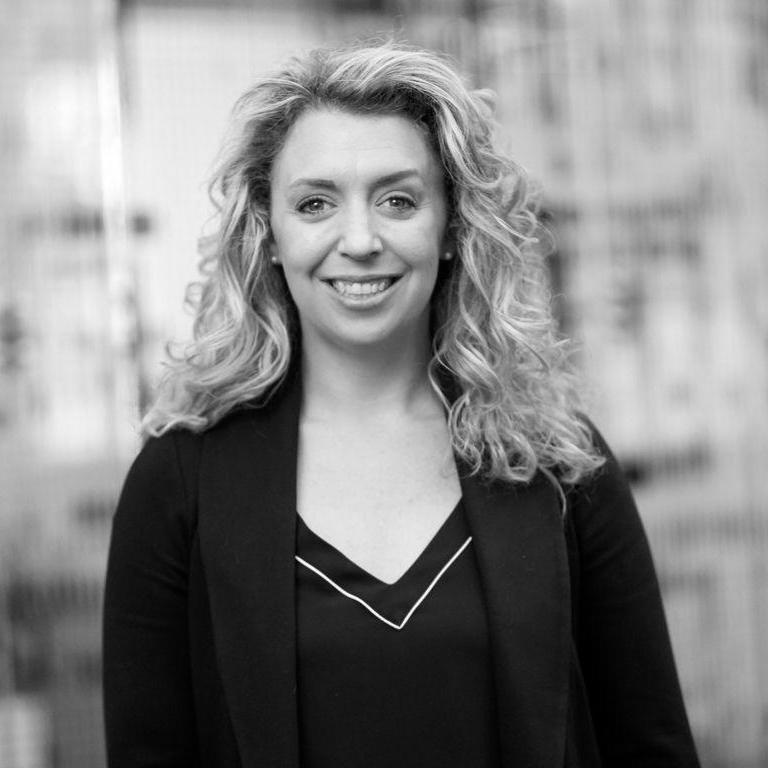
Mary Dickinson
Regional Sustainable Design Leader, Associate Principal
Perkins&Will
As Associate Principal and Regional Sustainable Design Leader at Perkins+Will, Mary Dickinson assures that wholistic sustainable ideas are integral to the firm’s projects and practices across market sectors. Fueled by her passion in refining the role and impact of the built environment on human and ecological health, Mary co-chairs the firmwide Material Performance Lab. She is an active advocate participating in AIA’s Material Knowledge working group, HPDC’s User Advisor Panel, mindful MATERIAL Steering Committing and as chairman of the USGBC Texas - North Texas Regional Council.
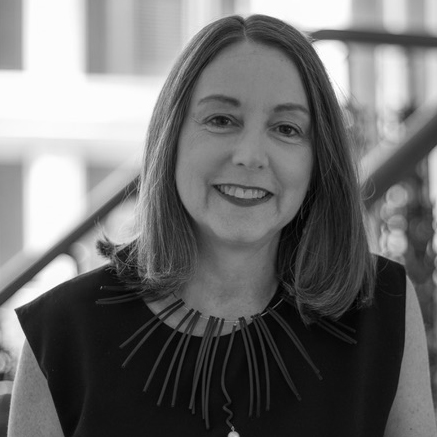
Rachelle Schoessler Lynn, FASID, LEED Fellow, CID
Director of Workplace
Gensler
Rachelle Schoessler Lynn is Director of Workplace for Gensler Minneapolis. She is an active national leader in innovative, sustainable design and health and well-being solutions, co-author of the Minnesota Buildings, Benchmarks and Beyond Guidelines and co-founder of the Minnesota U.S. Green Building Council chapter. Rachelle was formerly the Chair of the ASID National Board of Directors, where she advocated for sustainable design and health and well-being through policy, research initiatives and engagements.
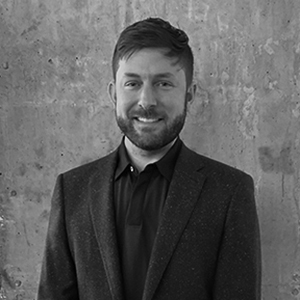
Chad Wilkey, ASID, NCIDQ, LEED AP
Associate Principal
HLGstudio
Chad’s work has always been client-directed, drawing on a deep understanding of the users to develop a focused experience as well as a deep understanding of clients cultural and business goals. With a keen focus on interdisciplinary design, Chad’s approach to design stems from a desire to discover innovative user outcomes, target efficient data-driven design process, and the creation of empathetic and engaging environments. Especially passionate about developing and implementing sustainable and health initiatives in the built environment, Chad believes that all design professionals have a responsibility to lead by making decisions to support environmental resiliency as well as human health and wellbeing.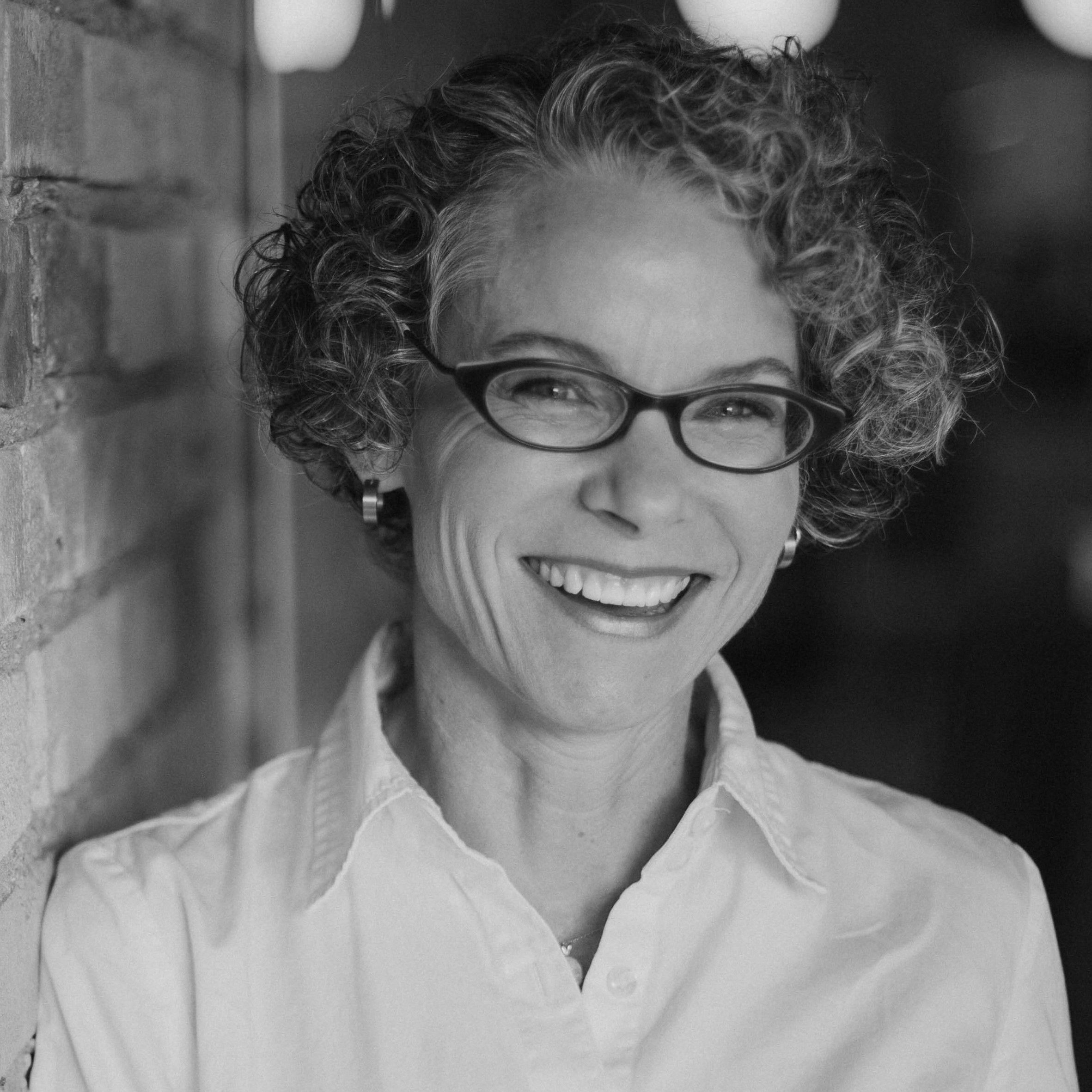
Jennifer Wammack (Moderator)
Director of Outreach
BIFMA
Jennifer Wammack is BIFMA’s Director of Outreach, a role created in 2017 to enhance engagement with influencers of the commercial built environment. Since that time, Jennifer has been the organization’s brand ambassador, communicating BIFMA’s message as the industry leader in developing furniture safety, durability and sustainability standards that ensure product performance and inspire confidence wherever people work, learn, heal, and play. Jennifer holds a BFA in Textile Design from the Rhode Island School of Design and a Masters of Management in Sustainable Business from Aquinas College.
-
Includes Credits
Consider how you can deliver equal design outcomes in housing, advocating for all people and communities to experience the benefits of human-centric, evidence-based design solutions.
Consider how you can deliver equal design outcomes in housing, advocating for all people and communities to experience the benefits of human-centric, evidence-based design solutions.
Continuing Education Approval- 1 IDCEC CEU | CC-113003 (Your CEU will be reported to IDCEC on your behalf.)
Supported By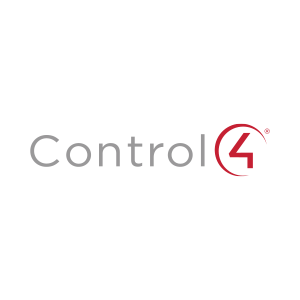
DescriptionA healthy, safe and beautiful home has the power to provide a sense of identity and well-being, evoking happiness in human-centric spaces. Working with clients, communities and residents, designers play a powerful role to advocate for interior design solutions that positively impact lives. The design decisions you make today will have lasting impact, seen and felt for decades. Learn about the role of designers as facilitators among all stakeholders and the opportunity to influence and deliver equal design outcomes to advocate for social justice.
This is a recording of a webinar presented on September 16, 2020.
What You Will Learn- How to ensure community representation when working on affordable housing projects
- Recognize the potential harmful effects of using labels that could be stigmatizing
- Tips to nurture an empathetic view when connecting with communities
- Describe strategies to elevate the quality of space in affordable housing projects
Access Period: One year after registration.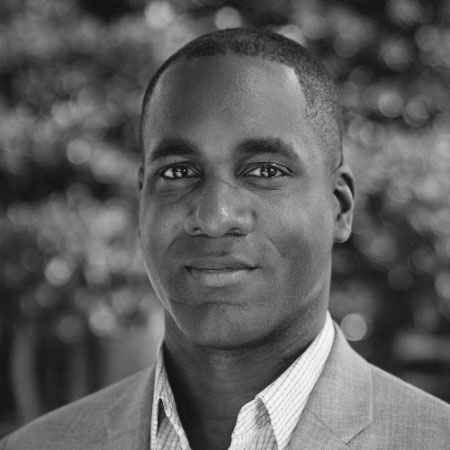
Eric Brown
Regional Residential Practice Area Leader
Gensler
Eric Brown is a real estate and design professional with a passion for creating unique, flexible spaces for people to live their best lives. He believes that great design can enhance the experience of its users while also being efficient, sustainable and equitable. With experience in single family, multi-family, mixed use and commercial spaces of varying scales, Eric has worked with property owners, developers, consultants, vendors and other team members to successfully deliver over five million square feet of mixed-use space, including more than 5,200 residential units.
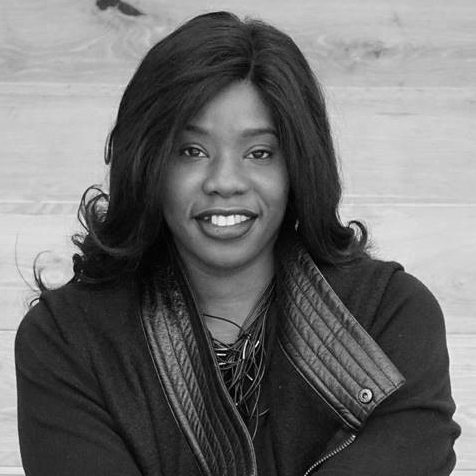
Angelita Scott, Ph.D., Allied ASID
Director, Standard Development, Community Concept Lead
International WELL Building Institute (IWBI)
Angelita Scott is Director and Community Concept Lead for the WELL Building Standard and WELL Equity Lead. She previously served as an Assistant Professor of Interior Design, believing that the built environment should be equitable for everyone regardless of race, gender, age, or ability. Scott has worked in the interior design profession as a university professor, researcher, and practitioner for more than 20 years. She earned a Ph.D. in interior design with a concentration on evidence-based design from the University of Minnesota, holds a DEI Workplace Certificate from the University of South Florida, and was named an inaugural ASID Ones To Watch Award Winner and Scholar. Her research takes a preventative approach to the interior environment, supporting mental and physical health for all through a social justice lens.
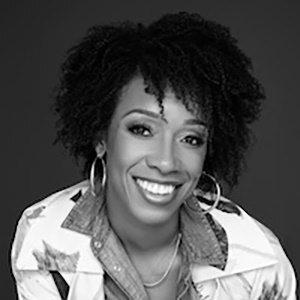
Kia Weatherspoon, ASID, NCIDQ, D.F.A. (h.c.)
President + Founder
Determined by Design
The design voice of impact and change—Kia Weatherspoon, NCIDQ, ASID, D.F.A. (h.c) has spent the last 15 years defying every design stereotype. The most damaging—interior design is a luxury reserved for a few. Her voice, advocacy for Design Equity™, and design practice have shifted the narrative, making interior design a standard for all. Kia is challenging the lack of these standards in economically challenged communities. Her presence and leadership have created ripples, prompting housing developers, agencies, and industry partners in economically challenged communities to not just take notice of her work—but to do better.
She became the design leader, educator, business owner and speaker she never saw. In doing so she has been recognized as a recipient of the Design for Humanity National award from American Society of Interior Design, HIP Designer for Good by Interior Design Magazine, Commercial Real Estate Women Washington D.C. (CREW DC) Raise Up Your Voice Recipient and the International Interior Design Association Luna Textile/Anna Hernandez Visionary Award recipient. She also received an Honorary Doctorate from the New York School of Interior Design for her contributions to the industry. Kia is a full-time professor, sought after speaker and mentor. She truly demonstrates what’s possible when you’re determined by design.
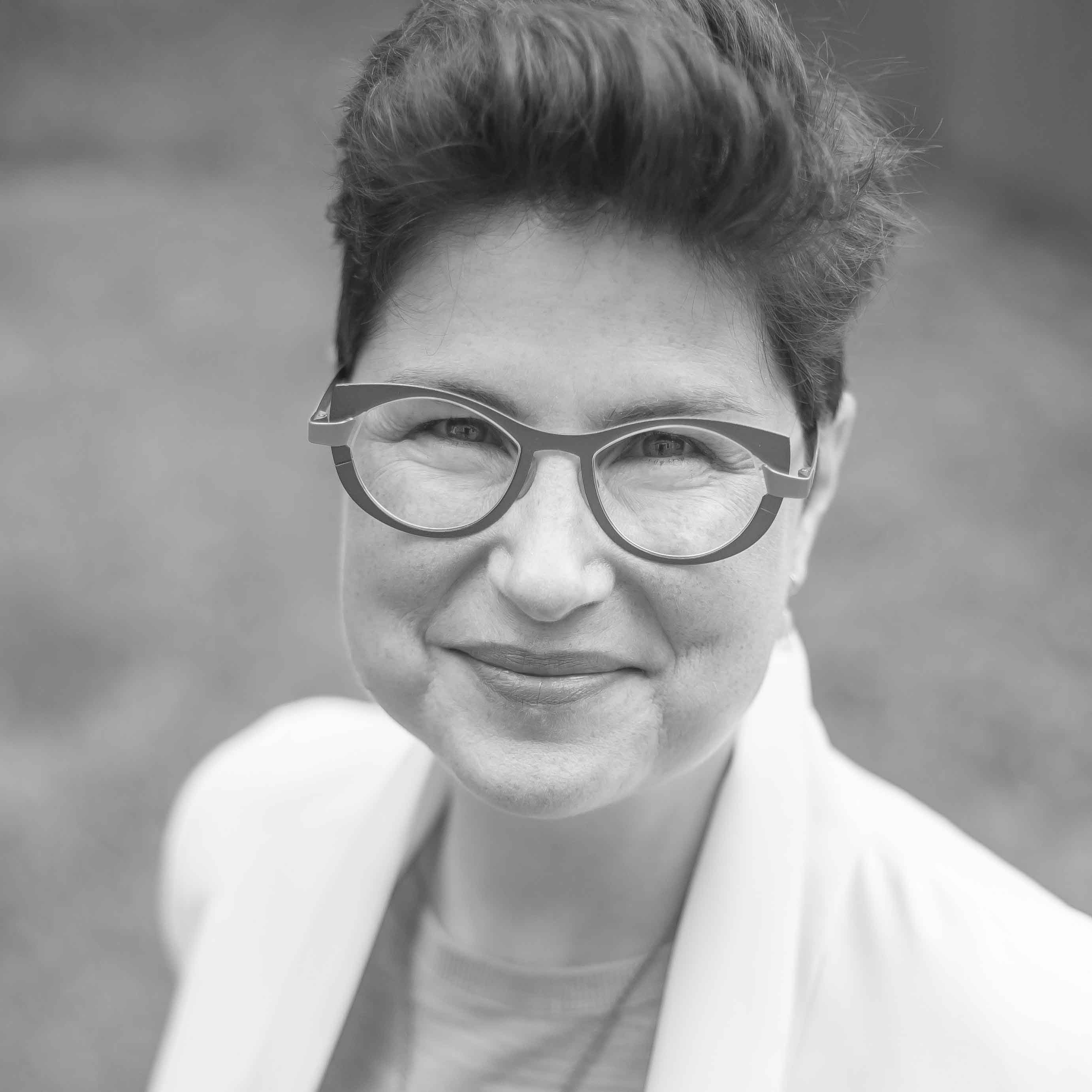
Amanda Peña, ASID, LEED AP (Moderator)
Senior Interior Design Manager, The Community Builders
A member of Chicago’s interior design community since 2002, Amanda Peña is an ASID Professional, a LEED Accredited Professional, and holds a degree in Interior Design with highest honors from Harrington College of Design. After working with high-end residential design firms in Chicago from 2002-2010, Ms. Peña joined The Community Builders (TCB), where she established the company’s internal interior design practice.
Amanda is TCB’s Senior Interior Design Manager, chairing TCB’s Design Committee and guiding design strategy, national relationships, and resource development. Project-level responsibilities include design review for each new property, guidance and standardization of architectural finishes, programming for community spaces and management functions, furniture plans and specifications, property signage review, and artwork/accessory selection and placement. She also consults with regional staff on corporate office planning.
-
Includes Credits
Learn how organizations can rethink their spaces to be more inclusive, helping an increasingly neurodiverse workforce thrive.
Learn how organizations can rethink their spaces to be more inclusive, helping an increasingly neurodiverse workforce thrive.
Continuing Education Approval- 1 IDCEC CEU | HSW | CC-113004 (Your CEU will be reported to IDCEC on your behalf.)
Supported By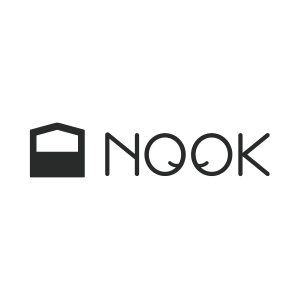
Description
Approximately 15-20 percent of people are neurodivergent, meaning they have one of a collection of conditions that includes autism spectrum disorder, attention deficit hyperactivity disorder and dyslexia. Over the next decade, 700,000 to over one million adults with autism will enter the U.S. workforce. As a result, organizations are redesigning spaces to be more inclusive, helping an increasingly neurodiverse workforce thrive. Employers are also beginning to recognize that accommodating neurodiverse people can provide a significant competitive advantage, leading to a range of more inclusive policies, programs and procedures. Learn from this expert panel how designers can help organizations influence the physical and cultural adaptations required to create physical work environments that support the full range of employees, neurotypical and neurodivergent.
This is a recording of a webinar presented on September 16, 2020.
What You Will Learn
- Identify the differences between neurotypical and neurodiverse individuals.
- Understand how noise levels impact neurodiverse individuals.
- Describe lighting solutions to address the needs of neurodiverse employees.
- Outline strategies to create personal spaces in the workplace.
Access Period: One year from date of registration.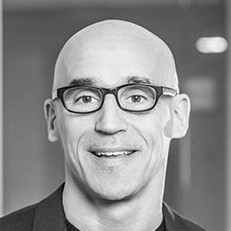
Bill Bouchey, ASID, INTNY, NCIDQ
Principal, Director of Design, Interiors
HOK
Bill Bouchey brings over 25 years as a thought leader in workplace, showroom, lifestyle and hospitality environments, emphasizing innovation and brand presence. As Director of Design, Bill guides clients collaboratively in creating a sense of place and a commitment to concept-based design excellence. His design sense is driven by the belief that interior design empowers people and transforms organizations, enhancing a client’s business and experience objectives. Recognized as one of the industry’s relevant thought leaders, Bill is a sought-after speaker, and his work has been featured in the likes of Interior Design magazine, Frame and The New York Times, among others.
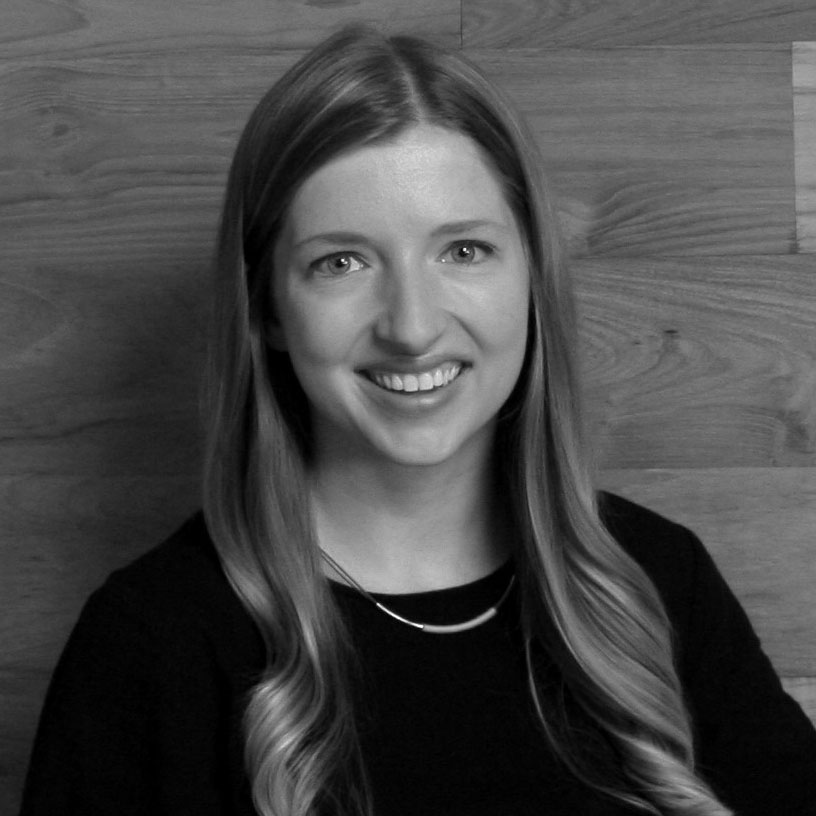
Mary Kate Cassidy
Senior Interior Design Professional
HOK
Mary Kate Cassidy is a designer at HOK focusing on corporate workplace design. In her graduate studies, she researched neurodiversity and its relationship to workplace design. She continues to research and speak about this topic through HOK’s platform for workplace research. Mary Kate’s work is part of HOK’s latest publications “Designing a Neurodiverse Workplace” and “Trends Affecting Neurodiversity Toward 2030,” which highlight the importance of designing spaces that are inclusive to all. The research provides insight into the benefits this provides for corporate clients, as well as design tips for achieving beautiful, inclusive and effective spaces.
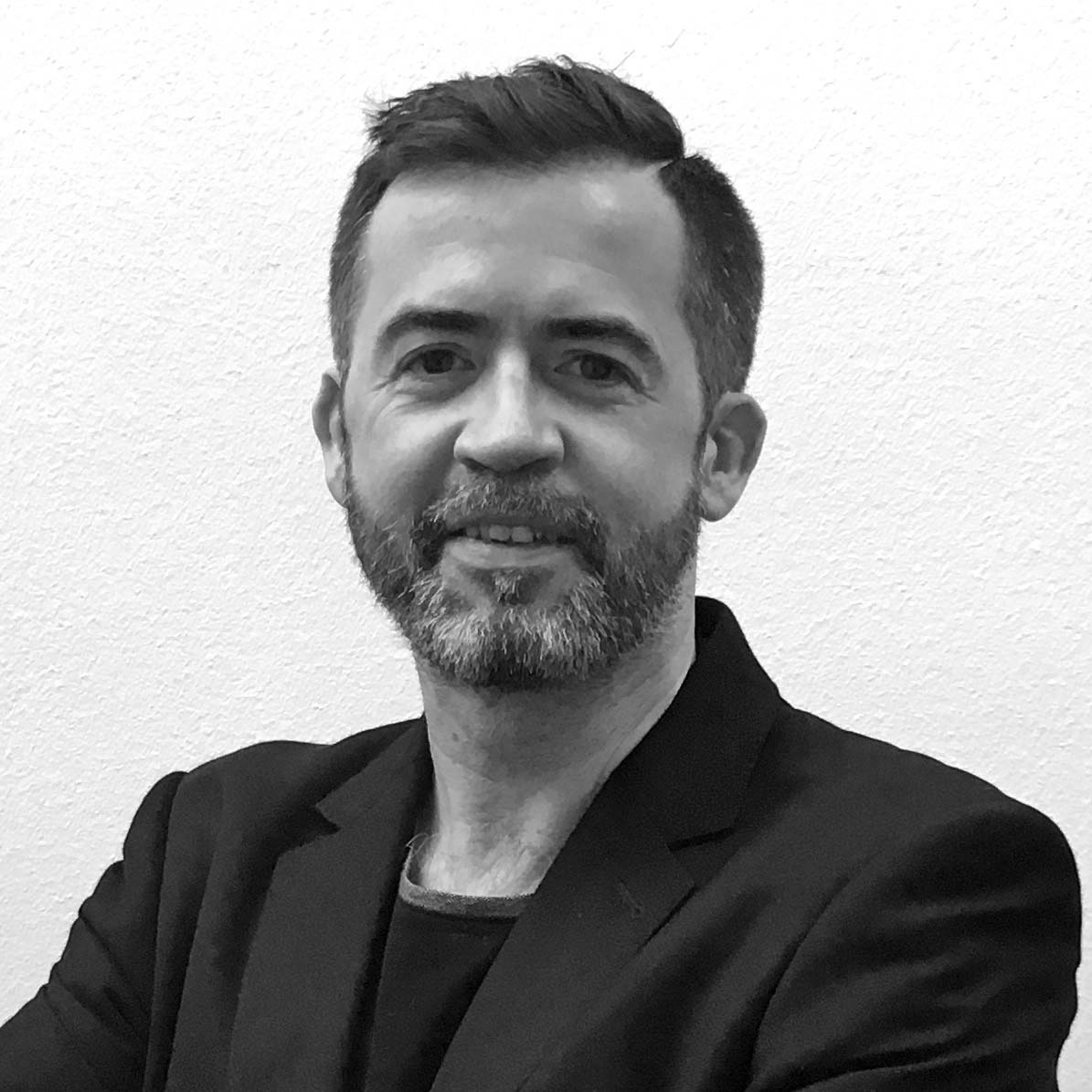
David O’Coimin
CEO
Nook Wellness Pods
David O’Coimin is a product designer and entrepreneur based in Bristol, United Kingdom and Amsterdam, Netherlands. David’s raison d’etre is to foster the conditions, generate meaningful solutions and deliver the systems that maximize the potential of both people and places. Following two decades of developing and launching furniture and technology products for the international domestic and commercial markets, David created Nook Wellness Pods as a quiet refuge for introverts or those on the autistic spectrum in the workplace. Thanks to their mobility, flexibility, acoustic design, integrated technology and modularity, Nooks are now found in a variety of environments from offices and care homes to schools and stadiums. Nook is recognized for improving productivity, communication and well-being.
-
Includes Credits
Apply the most effective, research-based solutions for your clients to positively impact human health and well-being.
Apply the most effective, research-based solutions for your clients to positively impact human health and well-being.
Continuing Education Approval- 1 IDCEC CEU | HSW | CC-113115 (Your CEU will be reported to IDCEC on your behalf.)
Supported By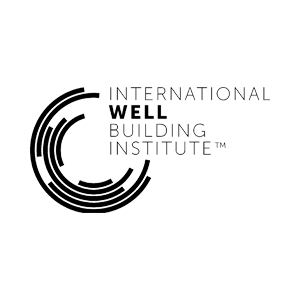
DescriptionHear from two leading researchers examining the intersection of design, public health and well-being in an informative discussion moderated by the International WELL Building Institute’s Chief Commercial Officer Jessica Cooper, a licensed designer herself. Learn how our internationally recognized panelists translate research into practical application, highlighting the impact of design solutions on the human experience. Their conversation focused on the evolving effects of COVID-19, how designers can make research-based arguments demonstrating the critical impact of design on our mental health and the critical research questions for which we are still seeking answers.
This is a recording of a webinar presented on September 16, 2020.
What You Will Learn- Identify sources of research to inform your design solutions
- Gain tips to translate research on indoor air quality into actionable design solutions
- Recognize the criticality of design’s impact on mental health in these stressful times
- Articulate examples of good design practices developing as a result of COVID-19
Access Period: One year from date of registration.
Susan Chung, Ph.D.
Vice President, Research and Knowledge
American Society of Interior Designers
Susan Chung, Ph.D., focuses on the impact of design research. She connects design with research to improve human experiences in the interior environment, translates research into applicable design implications, and conducts research projects that create meaningful positive impacts. She comes from an interior design background, holding a BA from Michigan State University and an MID from the University of Florida. She integrated interior design with behavioral research for her doctorate degree in Human Behavior and Design at Cornell University, with a focus on design attributes related to creativity in workplace environments.
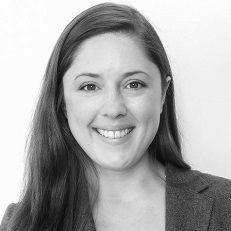
Jessica Cooper, LEED AP, WELL AP (Moderator)
Chief Commercial Officer
International WELL Building Institute
As Chief Commercial Officer at the International WELL Building Institute (IWBI), Jessica Cooper oversees the end-to-end customer experience with WELL, enhancing human health and wellness through the built environment. Before joining IWBI, Jessica served as Executive Vice President and Director of Sustainability at Delos, leading the Delos Solutions team and working with clients to create environments promoting occupant well-being.
Jessica is a WELL Faculty and WELL Accredited Professional. She is a LEED AP, holds a certificate in Green Professional Building Skills Training: Construction Management and is a licensed interior designer. She graduated from Cornell University with a Bachelor of Science in Design and Environmental Analysis.

Whitney Austin Gray, Ph.D., LEED AP, WELL AP, WELL Faculty
Senior Vice President, International WELL Building Institute
Standing at the nexus of public health research and the places and spaces where we spend our lives, Whitney Austin Gray has become one of the leading global voices for improving our buildings and communities to help people thrive. As Senior Vice President at the International WELL Building Institute (IWBI), she leads research that supports best practices in building design and operations, community development and organizational policies that can contribute to improved public health for everyone, everywhere. She led the development of the first WELL AP exam, WELL Faculty Program and the first case studies focused on the efficacy of the WELL Building Standard, helping to launch more than 100 educational sessions related to WELL in 25+ countries. Her lectures, webcasts, trainings and published works have touched tens of thousands of design and health professionals worldwide, building a strong infrastructure of support for those who work to advance better buildings, vibrant communities and stronger organizations.
-
Includes Credits
Rebuilding confidence in the spaces where we live, learn, work, shop, play, eat, vacation and care for our health goes beyond cleaning protocols.
Rebuilding confidence in the spaces where we live, learn, work, shop, play, eat, vacation and care for our health goes beyond cleaning protocols.
Continuing Education Approval- 1 IDCEC CEU | HSW-Sustainability | CC-113119 (Your CEU will be reported to IDCEC on your behalf.)
Supported By
Description
“COVID-19 has forever changed the experience of being a customer, an employee, a citizen and a human" (Accenture, 2020). Now more than ever, spaces need to be safe, and designers need to advise their clients on ways to achieve healthy environments. Build knowledge on the tools, processes and tactics used to specify products that create healthy interiors. Learn how to provide more value to your clients while growing your design practice through a focus on designing for health.
This is a recording of a webinar presented on September 17, 2020.
What You Will Learn- Explain the practical challenges designers face in assessing the wide variety of vendor and product eco-labels and certifications
- Demonstrate the value of promoting healthy environments and product-specific health attributes with your clients
- Understand how informed product specification choices result in healthier environments
- Explain the advantages and efficiencies of using smart, simple ratings to compare the human and environmental health performance of vendors and their products
Access Period: One year from date of registration.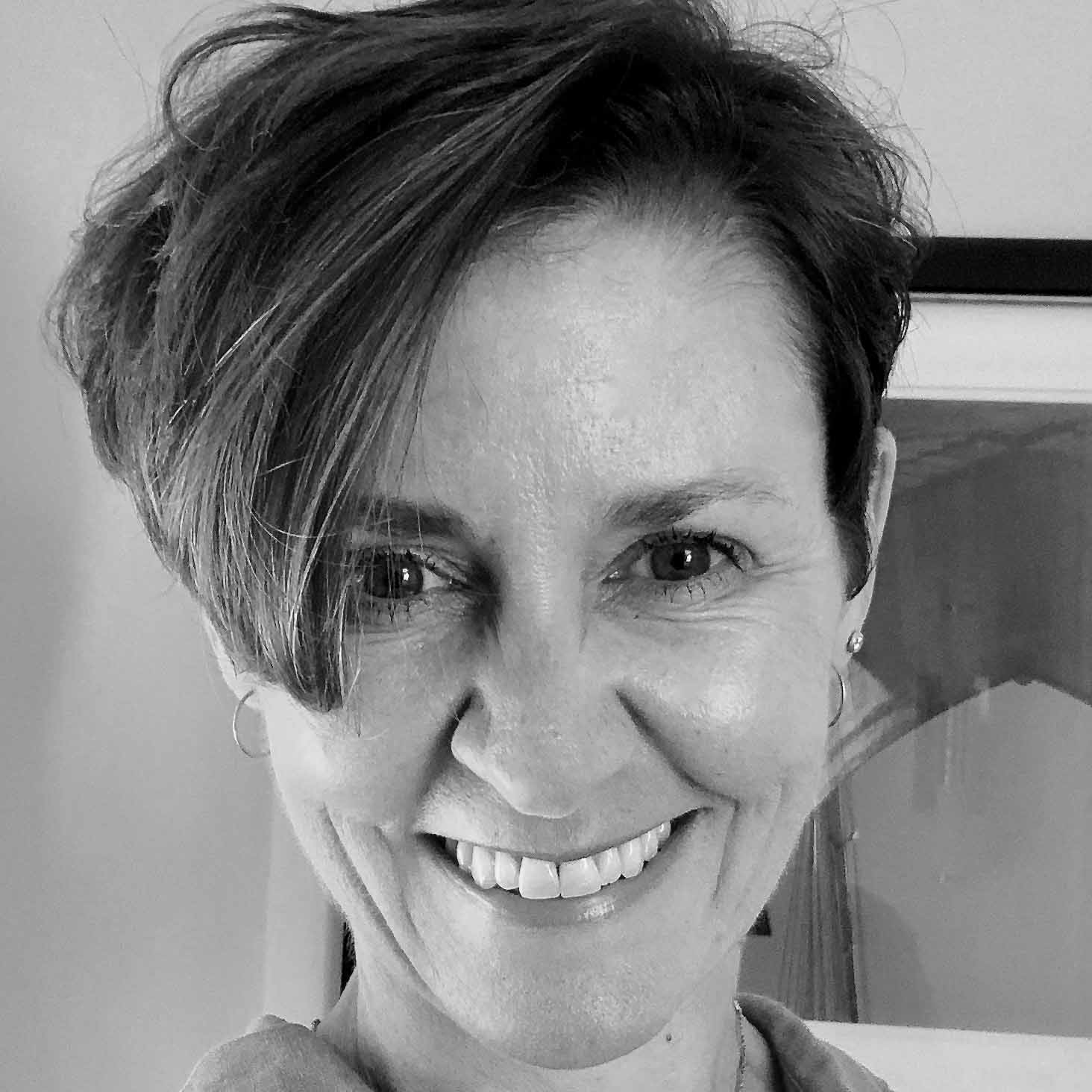
Lara Shortall
Director of A&D Solutions
MindClick
Lara Shortall is Director of A&D solutions for MindClick, an environmental health product intelligence company that helps meet global demand for healthier products and healthier environments. She is a proven design leader with global experience in creating branded hospitality interiors. As Creative Director at Starwood Hotels & Resorts, Lara brought a passion for healthy product selection and sustainability to interior design programs for the Aloft, Element and Four Points by Sheraton brands. At MindClick, Lara uses her strong organizational skills and leadership, together with a practical approach and straightforward communication style, to engage designers and manufacturers in the practice of creating healthier interiors.
